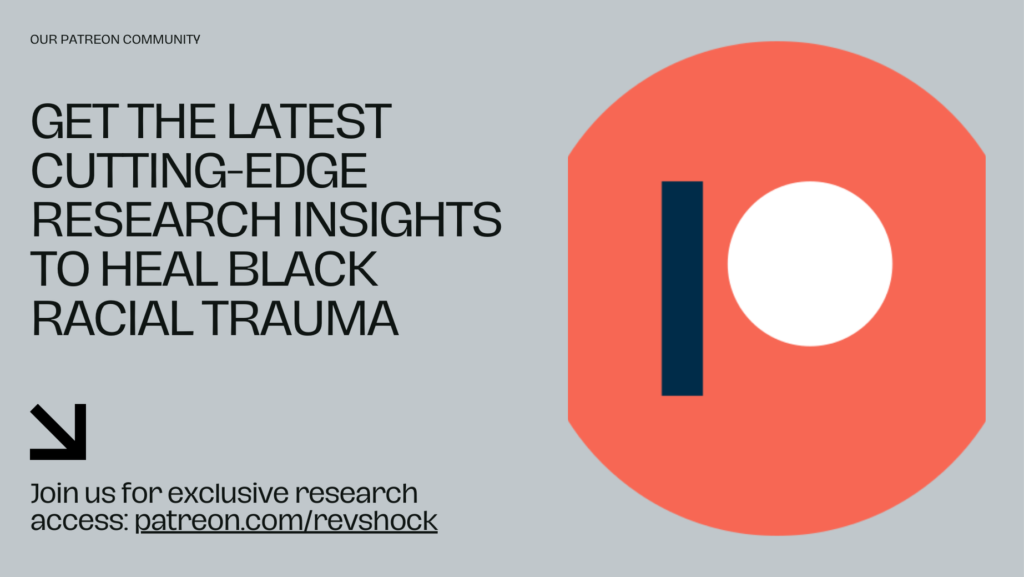
Powered By BlackTraumaGPT.com
Researched and Curated By Rev. Dr. Philippe SHOCK Matthews
(Black Trauma and Mental Health Specialist | Prompt Eng | GPT Dev | Research Scientist | Africana Phenomenologist | Black AI Corsortim co-Founder | Black Mental Health Podcast Host)
Who Is Dr. Edwin J. Nichols?
Dr. Edwin J. Nichols is a distinguished clinical and industrial psychologist specializing in organizational development and cultural competence. He serves as the director of Nichols and Associates, Inc., an applied behavioral science firm dedicated to restructuring organizations to achieve systemic congruence through culturally competent leadership.
Dr. Nichols is renowned for developing the paradigm “The Philosophical Aspects of Cultural Difference,” which examines ethnic differences through the philosophical lenses of axiology (values), epistemology (ways of knowing), and logic. This framework has been instrumental in fostering cultural competence within organizations and communities.
His extensive career includes roles such as the first African American Center Chief at the National Institute of Mental Health, where he served from 1969 until his retirement in 1989. Dr. Nichols has also been a visiting professor at the University of Ibadan in Nigeria and has consulted internationally, providing services to Fortune 500 corporations, foreign governments, and various health and mental health systems.
In recognition of his contributions, Dr. Nichols has received numerous awards, including being named a Distinguished Clinical Psychologist by the Harvard University Foundation and receiving a Doctor of Humane Letters, honoris causa, from the University of the District of Columbia.
His work continues to influence discussions on cultural competence, equity, and inclusion across various sectors.
The Philosophical Aspects of Cultural Difference
Dr. Edwin J. Nichols developed the framework “The Philosophical Aspects of Cultural Difference” to analyze how various cultures approach values (axiology), ways of knowing (epistemology), and reasoning processes (logic). This model highlights that cultural backgrounds significantly influence individuals’ perceptions and interactions.
Key Components of the Framework:
1. Axiology (Values): This dimension examines what different cultures prioritize as their highest values. For example:
– European/Euro-American Cultures: Place the highest value on objects or the acquisition of objects.
– African/African American/Latino/Arab Cultures: Emphasize the importance of relationships between individuals.
– Asian/Asian American/Polynesian Cultures: Value group cohesion and harmony.
– Native American Cultures: Prioritize oneness with the Great Spirit and nature.
2. Epistemology (Ways of Knowing): This aspect explores how different cultures acquire and validate knowledge. For instance:
– European/Euro-American Cultures: Rely on counting and measuring, focusing on empirical and quantitative data.
– African/African American/Latino/Arab Cultures: Utilize symbolic imagery and rhythm, emphasizing holistic and intuitive understanding.
– Asian/Asian American/Polynesian Cultures: Engage in transcendental striving, seeking knowledge through meditation and reflection.
– Native American Cultures: Emphasize reflection and spiritual receptivity, gaining insights through environmental and experiential reflection.
3. Logic (Reasoning Processes): This component examines the reasoning patterns prevalent in different cultures. Examples include:
– European/Euro-American Cultures: Employ linear and sequential thinking, often using dichotomous (either/or) logic.
– African/African American/Latino/Arab Cultures: Use diunital logic, embracing the union of opposites and holistic thinking.
– Asian/Asian American/Polynesian Cultures: Apply cyclical and repetitive reasoning, viewing wholes and parts simultaneously.
– Native American Cultures: Adopt environmentally experiential reflection, understanding through cyclic movement and natural patterns.
By understanding these philosophical aspects, individuals and organizations can enhance cross-cultural communication and collaboration, fostering environments that respect and integrate diverse cultural perspectives.
Understanding Dr. Nichols’ Dichotomous Logic
In Dr. Nichols’ development of “The Philosophical Aspects of Cultural Difference” to analyze how different cultures approach values (axiology), ways of knowing (epistemology), and reasoning processes (logic), he also teaches the contrast between two primary logical systems: dichotomous logic and diunital logic.
Dichotomous Logic:
This system, prevalent in European and Euro-American cultures, operates on an “either/or” basis. It emphasizes linear, sequential thinking, categorizing concepts into mutually exclusive opposites. For example, situations are often viewed as either right or wrong, true or false, with little room for ambiguity or overlap. This binary approach can lead to rigid classifications and may contribute to the development of “isms” such as racism or sexism, where one category is valued over another.
Diunital Logic:
In contrast, many African and African-American cultures utilize diunital logic, which embraces the union of opposites. This holistic approach recognizes that seemingly contradictory elements can coexist and complement each other. It allows for more fluid and integrative thinking, accommodating complexity and nuance.
Understanding these differing logical systems is crucial for fostering cultural competence, as it highlights how cultural backgrounds influence reasoning and decision-making processes. By acknowledging and respecting these differences, individuals and organizations can improve cross-cultural communication and collaboration.
GET DR. EDWIN NICHOLS BOOK:
Cultural Competence in America’s Schools: Leadership, Engagement and Understanding https://amzn.to/3Cmnzif
If nothing is wrong with you and something happened to you…are you ready to find out what to do about it? Shock Trauma Spiritual Counseling Discovery Call https://t.ly/VJWqJ | BlackTraumaGPT.com: Beginner’s User Guide https://t.ly/HtHMX | Programming chatGPT for Black Self Mental Health, Trauma, and Healing https://amzn.to/47P8MXK
Enjoying Our Content?
Become a member of our Patreon to get the latest research on Racial Black Trauma https://www.patreon.com/revshock. Or buy Rev. SHOCK a Coffee! https://bit.ly/3yg5D7A


Book A Discovery Call
Are you ready to SHOCKtrauma? Click HERE now to book a discovery call with Rev. Dr. Philippe SHOCK Matthews

Get Social with Doc SHOCK:
PATREON: https://t.ly/mjksf | REV. DR. SHOCK (PERPLEXITY PAGE): https://t.ly/ppjwh | SOLO: https://solo.to/revshock | BIO: https://t.ly/Ko_y_ | BLOG: https://t.ly/j6bh0 | PODCAST: https://t.ly/cB5GD | ENDORSEMENT: https://t.ly/jFErO | THREADS: https://t.ly/SoKkT | IG: https://t.ly/XsN8f | FB: https://t.ly/R3r9Y | X: https://t.ly/iJ-wy | LINKEDIN: https://t.ly/GZ0pe | TIKTOK: https://t.ly/zfp60 | BLACK TRAUMA GPT: https://t.ly/vswbs | BLACK AI CONSORTIUM: https://t.ly/uiRZN | BOOKS BY PM: https://t.ly/vvHMd
